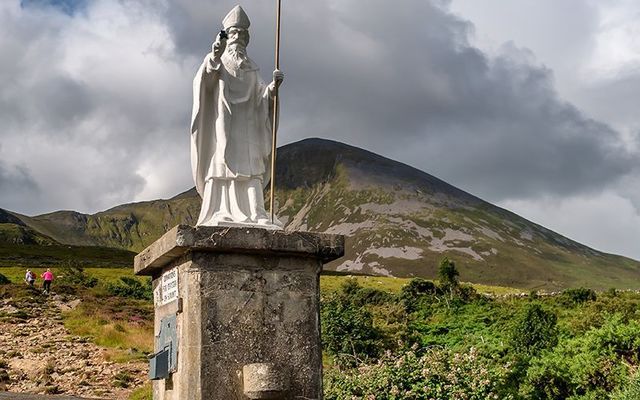Ireland is not the only country where St Patrick is a patron saint.
In 1961, the same year Ireland opened an embassy in Lagos, Irish bishops named St Patrick the patron saint of Nigeria. Although he is best known for his association with Ireland, Saint Patrick's influence extends far beyond the Emerald Isle, touching the lives of millions of Nigerians who revere him as a symbol of faith and resilience.
NPR reports that the Irish have a long history in the country. In the 1890s, Roger Casement, who was executed in Dublin in 1916 for his role in the Easter Rising, served as a British consular officer in Calabar, in southeastern Nigeria.
In the 1920s, Irish priests of the Order of the Holy Ghost set up a mission in the country. St. Patrick's Society for Foreign Missions, dedicated on March 17, 1932, became one of several Catholic groups in Nigeria providing both religious and secular education.
Today, there are around 20 million Catholics in the country, and Nigerian priests have even recently been assigned to churches in Ireland, where the clergy has long been in decline.
However, unlike in Ireland, St Patrick’s Day is not an official public holiday in Nigeria. Although Eoghan McSwiney, deputy head of mission at the Embassy of Ireland in Abuja, told NPR: “Irish diplomats, of course, celebrate St. Patrick's Day. The Embassy organizes high-profile St. Patrick's Day celebrations in the capital Abuja, and in Lagos, as well as in Accra, Ghana. We are joined by friends and colleagues from the diplomatic corps and from the highest levels of the Nigerian public and private sector."
Although Nigerians don’t celebrate St Patrick’s Day with a parade or the usual festivities, they will be drinking Ireland’s favorite beer. Guinness, brewed here with sorghum or maize instead of barley, is the second most popular beer in the country.
*Originally published in 2016. Updated in March 2025.




Comments